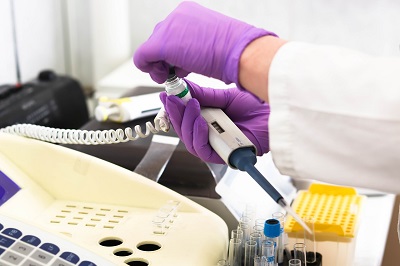How to apply for D-class medical device registration in Singapore HSA?
Release time:2025-01-16 11:23:25
The author:
source:
D-class devices are considered to present a higher risk to patients and must meet stricter regulatory requirements.
To apply for D-class medical device registration with the Health Sciences Authority (HSA) in Singapore, follow these general steps:
1. Determine the Classification of the Device
- D-class devices are considered to present a higher risk to patients and must meet stricter regulatory requirements.
- Ensure your device falls into this category based on the risk classification guidelines provided by HSA.
2. Appoint a Local Authorized Representative
- If you are a foreign manufacturer, you must appoint a local Authorized Representative (AR) in Singapore to submit the application on your behalf.
3. Prepare Required Documents
You will need to prepare several documents for the registration process, including:
- Device Description: Detailed information about the device, its intended use, and how it works.
- Risk Assessment: A document assessing the risks associated with the device.
- Clinical Data: Provide clinical evidence demonstrating the device's safety and effectiveness.
- Quality Management System (QMS): Certification (such as ISO 13485) indicating your device is manufactured under a quality system that meets international standards.
- Labeling and Instructions for Use: The device labeling and instructions for use in English.
- Manufacturing Information: Manufacturing and quality control process details.
- Registration Fees: Proof of payment for application fees.
4. Submit the Application via the Medical Device Information and Communication System (MEDICS)
- Log into HSA's MEDICS system, an online portal used for submitting medical device registration applications.
- Submit all the required documents electronically.
5. Evaluation by HSA
- HSA will review the submitted documents to ensure compliance with regulatory standards.
- Additional information or clarification may be requested during this process.
- For higher-risk devices, additional clinical data or evidence may be needed to demonstrate safety and efficacy.
6. Approval and Registration
- If the application meets all requirements, HSA will issue a Certificate of Registration (COR), which allows you to market the device in Singapore.
- Ensure compliance with post-market surveillance and adverse event reporting obligations once the device is on the market.
7. Post-market Obligations
- After registration, the device must be monitored for safety and performance.
- Any adverse events or device recalls must be reported to HSA.
Ensure you comply with all local regulations and guidelines throughout the process.

Whatsapp or Wechat:+86 15816864648;email address:hito.lin@grzan.cn
.png)
.jpg)
.png)

.png)